International travel document checklist & tips
Working on your travel checklist?
Put a passport in the top position of your international travel document checklist. Your passport and your wallet are two of the most important things in your luggage. If you lose all your possessions during the trip yet you still have your passport, a credit card and travel insurance, you’ll be more than fine. You must have heard it before. And it’s true.
With a passport you can travel back home. With a credit card you can buy food and things you need. And if you have a travel insurance, you can get reimbursed for your loss.
But that’s not all.
These aren't the only travel documents you need for your trip.
Check out this travel document checklist.

Checklist for international travel
1. International travel document checklist
Here is our international travel document checklist (feel free to use it):
- Passport. Make sure it isn’t about to expire.
- Visa. If needed.
- Travel insurance. Sometimes having a travel insurance is compulsory, but more often than not, it is not. But still, we recommend you to get one.
- Credit / debit card. Preferably more than one! So, that if you lose one credit / debit card, you have a spare one. Some of the best travel debit cards now come with travel insurance.
- A copy of your passport. In addition to digital copies of your passport and visa, take a couple of paper copies of your passport and visa.
- Boarding passes. Find out if you have to print them, or you can use a mobile boarding pass.
- Proof of onward travel, if needed. Find out if you will be asked to show a proof of onward travel, especially if you are travelling outside of the EU. More or more countries lately have started to ask for one.
- Travel itinerary (optional). We recommend to take with you a hard copy of travel itinerary only if you travel to somewhere where immigration staff might ask for a travel itinerary. Otherwise, if you want one, keep your travel itinerary on your phone or laptop.
- Train and bus tickets. Make sure to print them out if that’s necessary. Mostly you don’t have to, and digital copies are accepted everywhere. Check if you can access them without internet. Don't rely solely on finding a free WiFi abroad.
- Hotel bookings. Make sure to print them out if that’s necessary. Mostly you don’t have to, and digital copies are accepted everywhere.
- Driver’s license. And if necessary an international driver’s permit. If you plan to drive.
- Cash in Euros or USD.
- Emergency cash. Preferabbly in euro or USD. Hide it in your luggage. Preferably, in more than one place.
See our pre-travel checklist if you are thinking of travelling, but haven't yet booked anything.
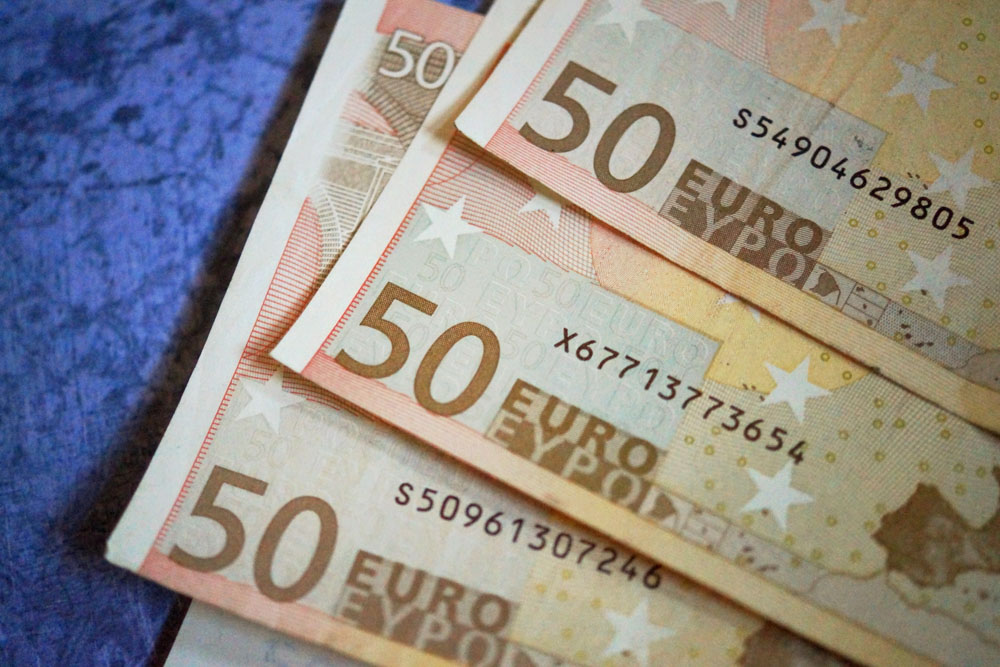
2. Other things you should do before going on a trip
Add these to your international travel checklist:
- Save emergency contacts to your phone. Write down contacts of your family and friends (as well as emergency contacts) on a piece of paper, in case if your phone stops working, or it gets lost / stolen.
- Share your travel plans. Tell your friends and family that you are going on a vacation, and where. Time after time give updates on your whereabouts.
- Important passwords. If you don’t remember your banking passwords, memorise them now, before your trip! Or, write down your passwords in a password protected note.
- Digital copies of your documents. Store digital copies of your documents in a secure, password-protected folder or in your email.
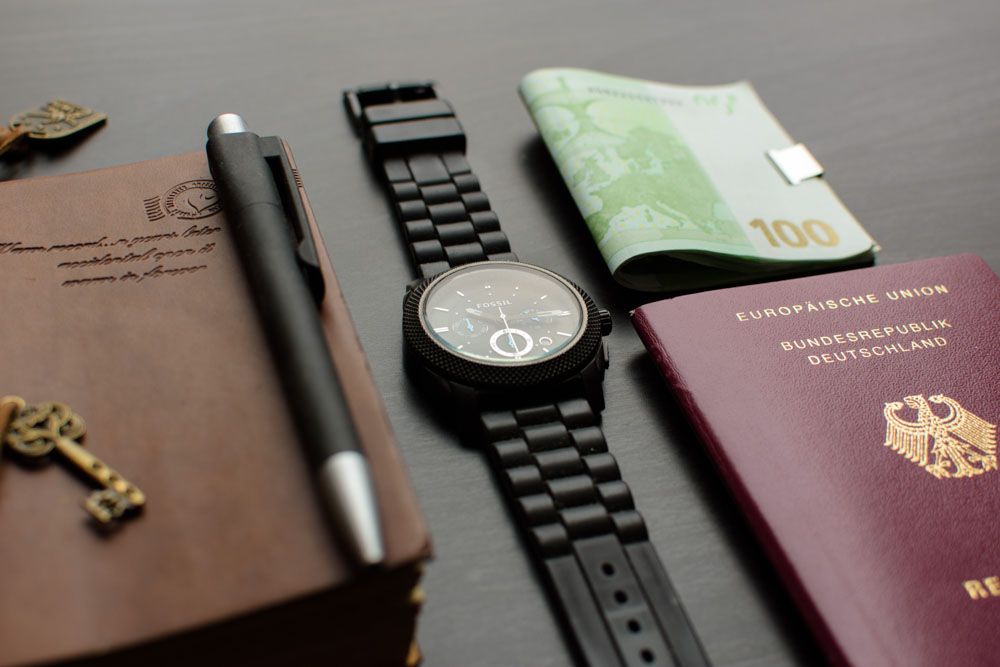
3. Passport validity
In general, when travelling internationally your passport must be valid at least six months after after the final day of travel. Some countries are more relaxed, and allow travellers to enter the country with a passport with 3 month validity.
When planning your trip please check country’s entry requirements, and find out what is the passport validity rule in the country you are traveling to.
4. Travelling with an ID card
Passport is not the only travel document.
If you are an EU citizen and have an ID card, you can travel with your ID card within the EU, countries of the European Economic Area and the Swiss Confederation.
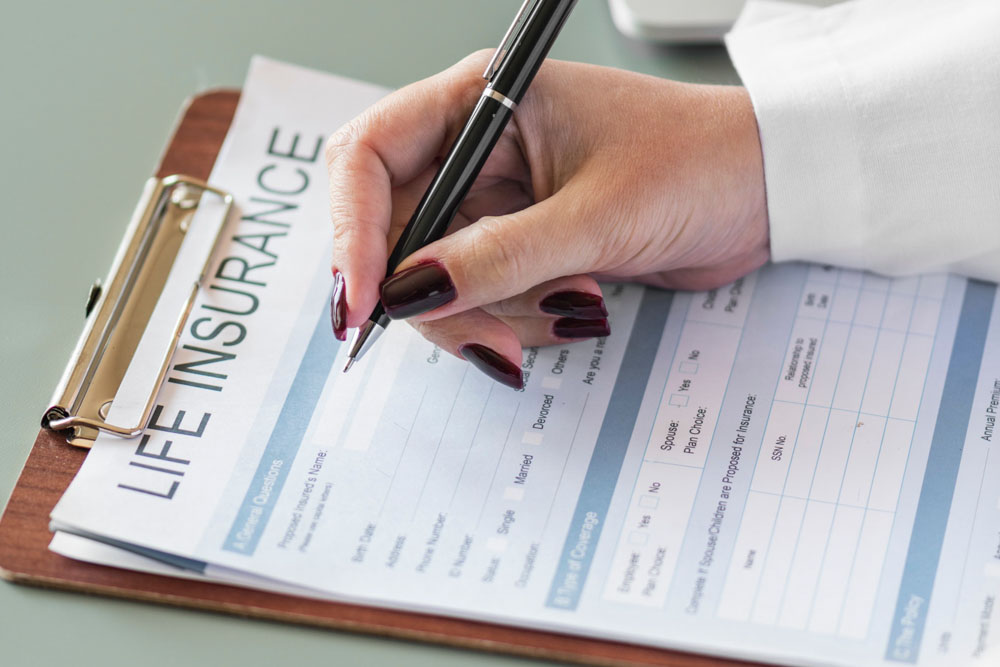
5. Travel insurance
We want to believe that everything will be perfect.
Why wouldn’t it? It can’t be imperfect, because it’s our holiday. But, the truth is, you never know what will happen during your holiday. To make things easier (and also cheaper!) for you, get yourself a travel insurance. So, if something does happen, an accident, or illness, you are protected.
There’s a wide range of insurance policies and insurance companies. How to chose the best one for yourself?
Check your local insurance companies. Check what is covered and what is not. Compare the prices. Also you can get an insurance from a popular international insurance company (World Nomads, SafetyWing).
Or, if you have a credit card, check if it offers a travel insurance.
Also, make sure if the particular insurance policy covers necessary range of activities. If it’s just a leisure trip, the standard plan will be enough. But, if you are hiking in Himalayas, you’ll need a special insurance plan.
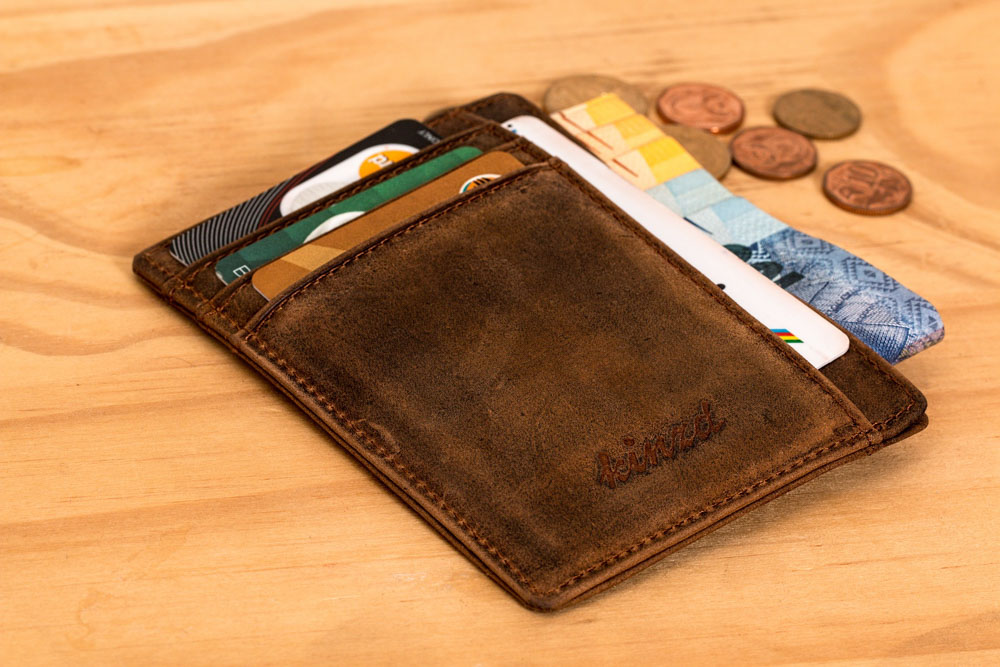
6. European Health Insurance Card (EHIC)
Europeans, add it to your international travel documents checklist.
With the European Health Insurance Card you can get treatment for free or at a reduced cost, just like any citizen of the EEA country you are traveling to would.
Please note, that the EHIC does not cover certain costs such as repatriation and private healthcare. Also the card won’t cover expenses, if the person travels for the purpose of obtaining medical care.
Remember, the EHIC is not an alternative to travel insurance.
7. How to keep travel documents and credit cards safe
Use a neck wallet or a money belt to store your travel documents.
A travel wallet is another good option, especially if you are traveling with a family.
Although these solutions are very functional and useful, they are not perfect when it comes to security. First of all, they are not obscure, especially the family travel wallet. Second, it’s not safe just because you shouldn’t keep everything in one place.
It’s much safer to store the documents in several places in your bags and luggage. Also, store the copies separately. And, never put any of your documents in your checked luggage. Always keep them in your cabin bag! In fact, you mustn’t put anything valuable in the checked bag.
Store digital copies of your documents in a secure, password-protected, folder.
When you have arrived in your destination, store the documents and paper copies somewhere safe in your hotel room. Do not take everything with you when you go exploring!
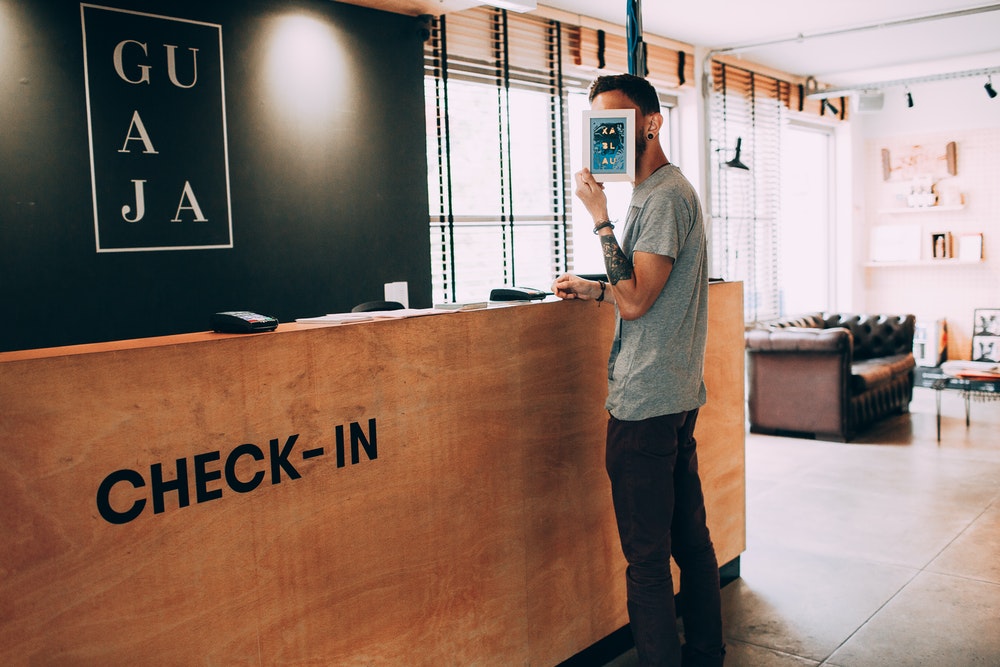
8. Should you save receipts?
It makes no sense to save all of them.
But it's definitely worth to save the ones from unplanned expenses. For example, if your flight was delayed or cancelled, and you had to wait at the airport, you had a meal there or booked a hotel for a night. Often in the EU you have the right to care.
And if the airline doesn't provide it, you can ask for a refund of some of your expenses later. That's why it's worth keeping these receipts.
And save your boarding pass (at least in the e-mail).
Follow these international travel tips & you'll have a safe trip!
Remember - whenever your flight is delayed, cancelled or you've been denied boarding - you might be entitled to flight compensation. Contact us to get it sorted out right away!